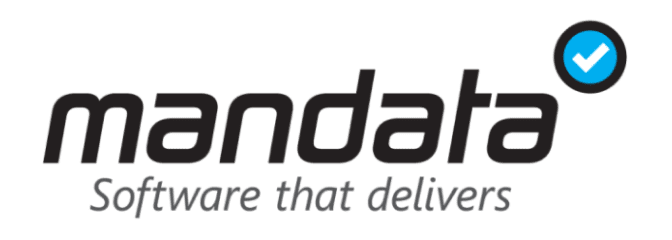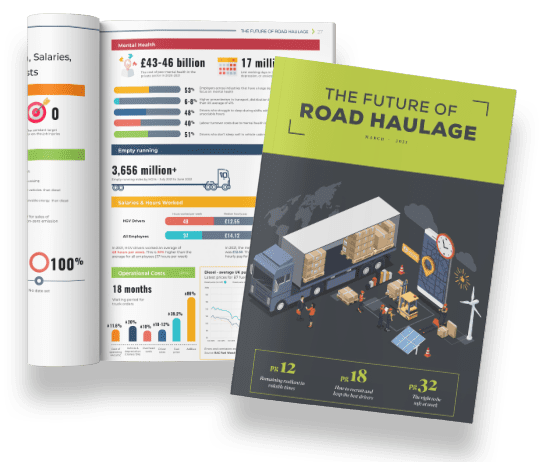Simplifying operator licence compliance
Beverley Bell, former Senior Traffic Commissioner of Great Britain and current Director of Beverley Bell Consulting, shares her insights on how hauliers can simplify operator licence compliance.
High fuel prices, the increased costs of operating heavy goods vehicles, and resultant slowdown in demand for goods is putting pressure on hauliers across the UK to reduce expenses and avoid becoming casualties of the recession. There are many ways to control costs, but while putting compliance on hold might seem like a tempting measure to increase cash flow in the short term, complying with operator licensing rules has never been more important.
Remote enforcement of compliance standards by the Driver and Vehicle Standards Agency (DVSA) is becoming easier through intelligent use of data, clamping down more robust, and fines heftier. Remaining vigilant about compliance is therefore critical, as non-compliance will lead to money lost instead of money saved.
As a former Senior Traffic Commissioner and current transport lawyer, consultant, and CPC trainer, I am often asked which role I prefer. They are very similar, as both involve keeping operators on the road to compliance. But whilst Traffic Commissioners can make it happen, lawyers and consultants can only advise. What I value most is that they have given me a deeper understanding of compliance in the industry. And it’s my desire to pass that knowledge on, making it easy for transport operators everywhere to stay on the right side of the law.
So, what can operators do to get it right first time, and keep it right? Here are five easy steps to point you in the right direction:
- Understand the terms of your operator licence – and comply with them
Your licence is like a contract between you and the Traffic Commissioner (TC) who granted the licence. Compliance with the undertakings is critical for you to continue to operate.
Therefore, you should always:
- Make sure you know where your licence is at all times.
- Have a copy on the wall of your traffic office so it’s easy to see and to read.
- Know who signed the application or renewal document.
- Know the licence conditions and undertakings.
- Remember to notify the TC of any changes that could affect the licence.
- Know when it’s due for renewal and make a note on your calendar to renew your licence at least a month before the renewal date.
- Keep up to date
Industry guidelines change from time to time. Here is how you can stay on top of all the latest information affecting the industry:
- Make sure you sign up for Driver and Vehicle Standards Agency (DVSA) emails and alerts.
- Read their publications and other industry guides with a view to making your operations safer and more efficient. For example, section 5.3 in their latest Guide to Maintaining Roadworthiness advises that roller brake tests should always be carried out in a laden condition.
- Sign up for TC updates – they’re free and alert you to any changes that are critical for you to know about.
- Join a trade association. They offer excellent services to their members that will keep you up to date, as well as publications and a wealth of information on all matters compliance, much more than just licence renewal.
- Staff training and development
Training is an investment in your employees and your business. But a good trainer makes all the difference, so it’s worth asking some of these questions when choosing a provider for driver CPC, transport manager CPC refresher and other training:
- Are they up to speed with all the latest in the industry?
- Are they innovative in their training, making it engaging so attendees leave having learned what they’re supposed to?
- Are their classes online or face to face and do they offer a combination of online and in-person training? In-person sessions might work well for driver CPC training, while bite-sized online sessions can be great for refresher training.
Above all, when choosing a training provider, keep in mind what’s best for the business and not just the bottom line.
- The transport managers
Transport managers are the most important people in your business for licence compliance. They must be able to do their job in line with the Statutory Guidance issued by the Senior Traffic Commissioner (STC) or risk a public enquiry. You and your transport managers should know paragraph 59 of Statutory Document No 3 practically off by heart.
- Invest in the right software
You operate in a highly competitive environment, and the right transport management, maintenance, and tachograph analysis software can give you an advantage. Make sure the digital solutions you put in place serve all your business needs. At the very least, your solutions should:
- Save you time by making day-to-day processes easier
- Help you improve your cash flow
- Increase customer satisfaction
- Be backed by full support to help you make the most of it
Compliance is an ongoing process, but if you follow these five easy steps once a year, you’ll notice immediate improvements in your overall licence compliance.
The Future of Road Haulage Report
This article is part of our recently published report, The Future of Road Haulage. Offering a comprehensive industry trends analysis, insights, and advice from industry thought leaders, The Future of Road Haulage equips businesses with the knowledge to make informed decisions and stay ahead in a rapidly evolving landscape.

